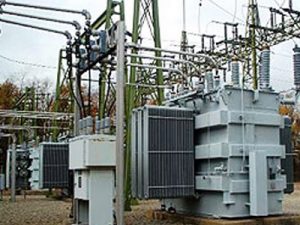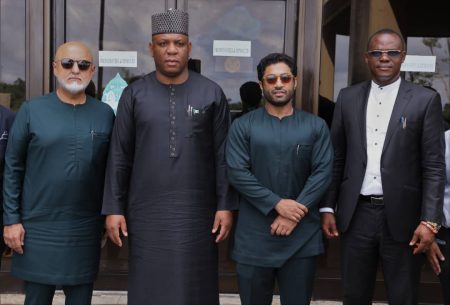
OpeOluwani Akintayo
09 September 2018, Sweetcrude, Lagos — Electricity distribution companies, DisCos recorded a total of 2.8 percent decrease in revenue collection in third quarter 2017, a document obtained from the Nigerian Electricity Regulatory Commission, NERC has said.
According to the document, the total collection by DisCos from their customers in the third quarter of 2017 stood at N90.3 billion out of the total bill of N151.8 billion, representing a 2.8% decrease when compared with ₦92.8 billion collections in the second quarter of the same year.
However, NERC said the decrease in revenue collection in the third quarter might be explained by the decrease in generation rather than a reflection of collection efficiency.
The collection efficiency in the third quarter stood at 55.3%, indicating a marginal increase of 0.4% over the collection efficiency in the second quarter.
The data showed that the collection efficiency of DisCos is poor as just a little above the half of the revenue billed was recovered as at when due.
On the average, the collection efficiency indicates that for every N10 billed to customers, ₦4.50 remains unrecovered as at when due.
The implication of this DisCos’ poor collection efficiency is inadequate liquidity which is currently affecting the industry.
As regards individual performances, Ikeja DisCo had the highest collection efficiency of 81% followed by Eko DisCo, while Jos DisCo recorded the lowest collection efficiency of 35%.
On a quarter-on-quarter basis, Eko DisCo recorded the highest improvement in collection efficiency moving from 74% in the second quarter to 78% in the third quarter.
Other DisCos that recorded marginal improvement in their collection efficiency between the two quarters are Ikeja, Jos, and Kaduna.
Out of a total billing of N21, 540 million sent out by Abuja Disco, N13, 217 million was collected.
Benin Disco had a total billing of N15, 038 million for the period under review, however, just N9 million was collected.
While Enugu DisCo sent out billings of N14, 923 but was able to collect N8, 516 million, Ibadan DisCo could collect N10, 980 million out of N17, 807 million.
As for Ikeja DisCo, it sent out a total billings of N18, 247 million but could recover N14, 810 million.
Eko DisCo collected N18, 514 million out of N14, 506 million, representing 78 percent from 74 percent in the second quarter.
Jos billed N8, 351 million but collected N2, 956 million, Kaduna billed N9,083 million but recovered N3, 561 million, Kano billed N10, 395 million but could recover NN4, 588 million, P.Harcourt Disco sent out billings of N13, 874 million but recovered N6, 277 million, while Yola sent out N3, 980 million but got back N1,887 billion.
NERC said a major factor contributing to low collection efficiency is customers’ dissatisfaction with estimated billing, saying that it had initiated a regulation to fast-track the roll-out of meters by potential investors under a financially viable and bankable arrangement.
The quarterly average ATC&C respectively for the two quarters were 54% and 56% respectively.
These losses are significantly higher than the 25% Multi Year Tariff Order allowable ATC&C losses for 2017.
The high ATC&C losses reflect low investments in distribution networks and pose a liquidity challenge to the industry.
The implication of the ATC&C loses in the third quarter of 2017 is that as much as ₦4.60 in every ₦10 worth of energy received by DisCos was either unaccounted for or unrecovered during the period, due to a combination of inefficient distribution networks, illegal connection and non-collection (i.e., low willingness to pay).



